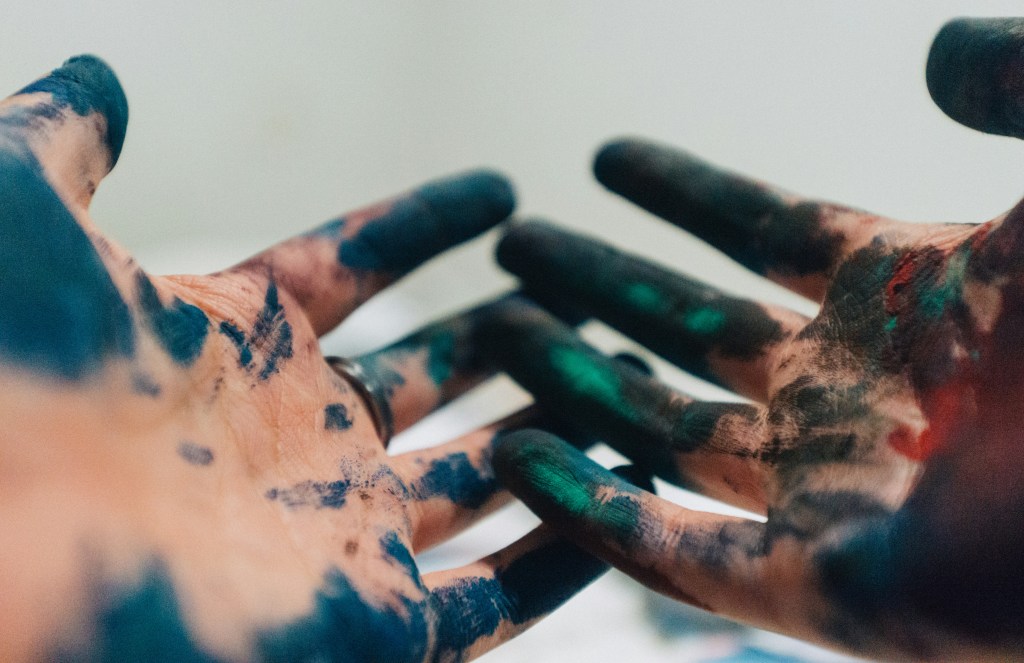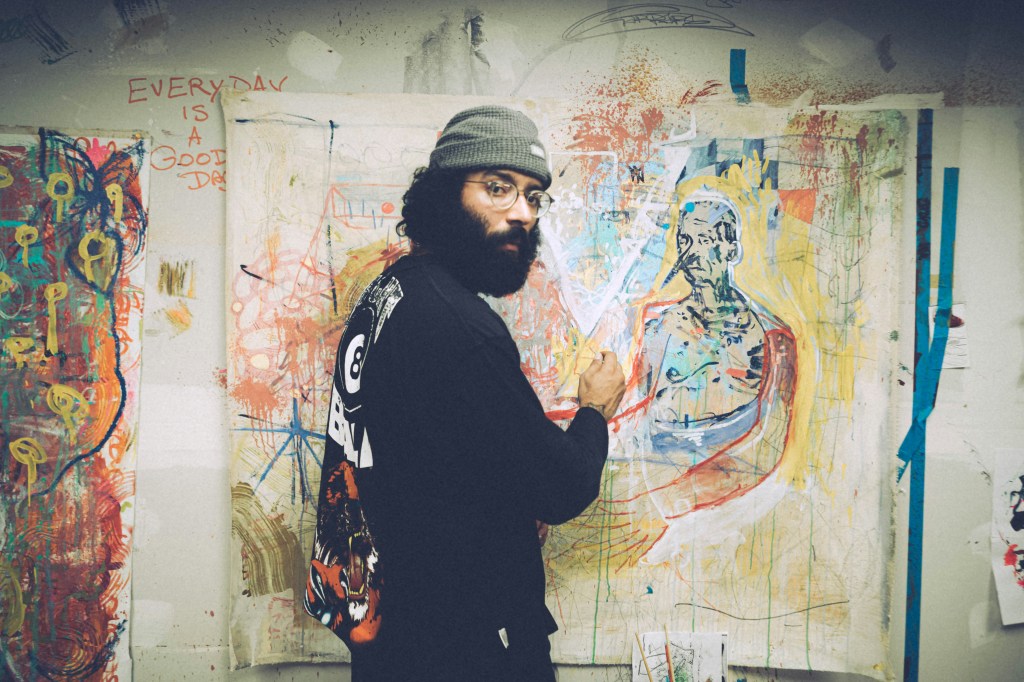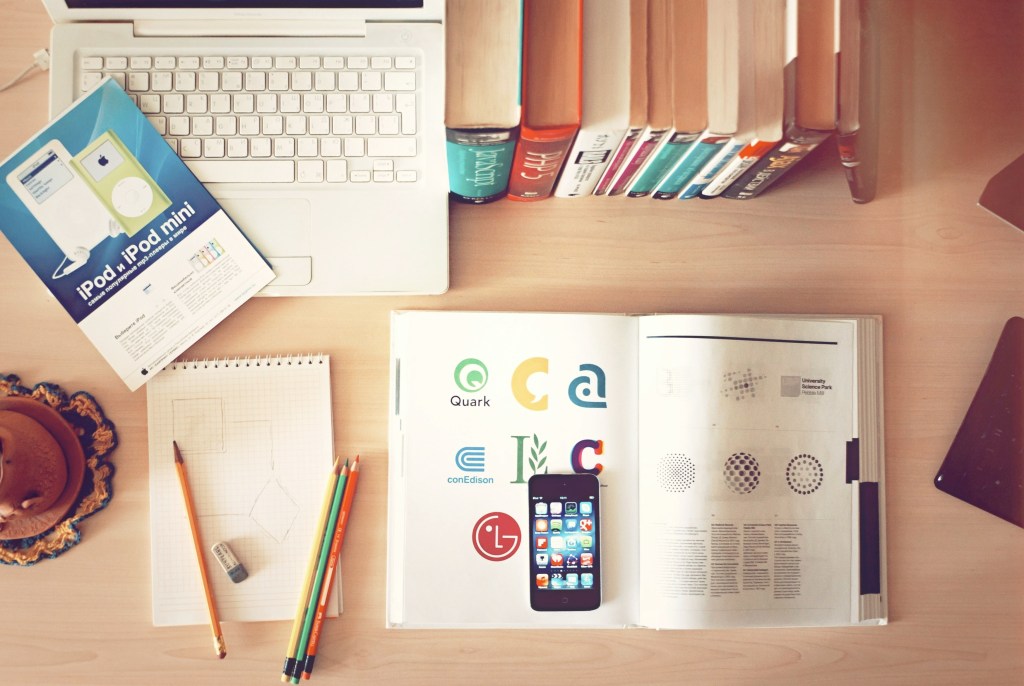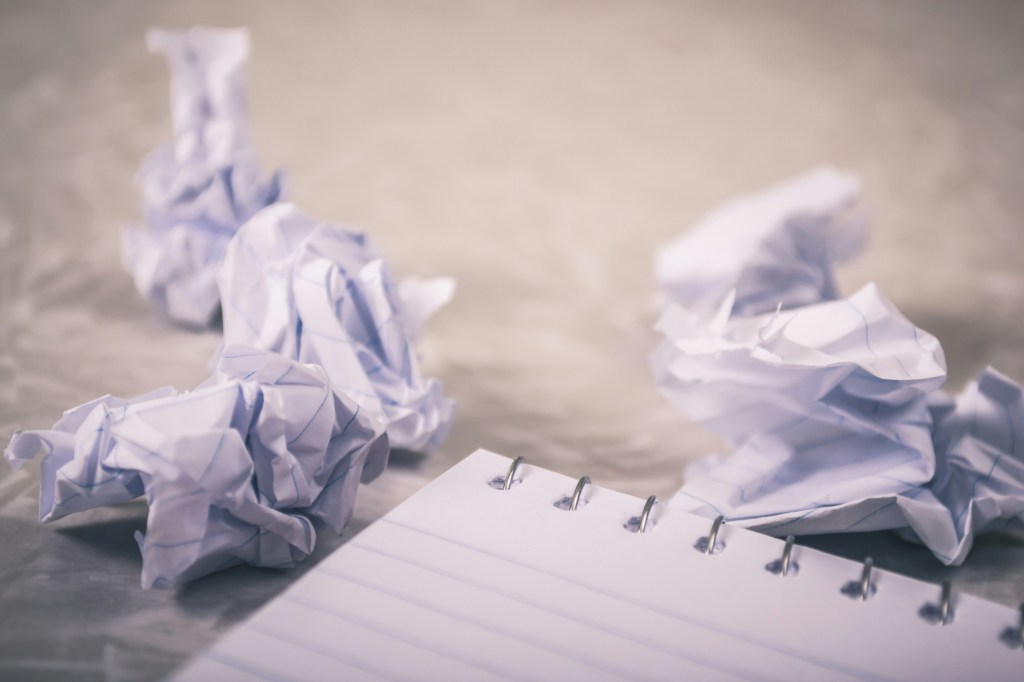So. This whole “artificial intelligence” thing has made its way to creativity.
The eventual migration of technology to the creative realm was predictable–as was the ease with which a lot of people flocked to it. Also not surprising? The fact that AI-generated art exploits artists, already struggling in a myriad of ways, and the fact that people don’t seem all that bothered about it.

I’ve written before about how creatives face levels of disrespect no other discipline faces. How artists and writers both face people who want access to their products and services without paying what those products and services, and the work and effort that goes into them, are worth. Artists and writers are supposed to grin and accept being noticed, as if exposure pays rent or foots the grocery bill.
And if a creative type mentions this? They’re often called greedy and told to “get a real job.”
AI-generated art seemingly means convenience and ease of access for consumers, but that’s all without bringing anything of value or respect to artists. Once again, creatives are the butt of societal disrespect: a demand for access to their wares, with no thought or consideration into the time, effort, and resources used in creating.
I briefly studied art in college; I understand better than most how expensive art supplies can be. To say nothing of the hours spent planning and executing a piece.
To say nothing of the fact that artists need to earn a living, too.
To shift to writing–because make no mistake, this AI craze has also reared its ugly head there–plugging a series of key words into a machine and getting back a story is a mockery of the entire writing process, and while we’ll never get to a point where AI-generated work renders the likes of Stephen King and Sarah J. Maas obsolete, it’s still a troubling trend.
The rise of AI-generated content reinforces the lack of respect paid toward creatives. For all the creative content we consume–the TV shows and movies we stream, the music we listen to, the graphics we see on ads and social media, the books we read–we treat the content with far more reverence than we do those who create said content.
There’s no consideration for the time and the effort and the resources. There’s the desire to “pay” with exposure, to treat the artist as greedy for daring to ask for payment for their services.
Gods forbid I ask for $2.99 if anyone wants to read Notna.
No other discipline faces this. We don’t short the workers who build our bridges or pave our roads, or the scientists who formulate our life-saving medications. Yet authors and painters and sculptors and illustrators and editors constantly face demands to give away their work, or at least offer a discount for reasons…
People respect our products, but they don’t respect the people who create them.
Because of this, people try to shortcut their way to things. That disrespect also comes with exploitation, as AI programs—such as ChatGPT, Midjourney, and others—are less intellectual nerve centers and more content aggregators. Whenever you prompt one of these programs to “create” something, they pull from content that already exists to cobble together whatever nonsense you’re looking for.
Often, that content is pulled without the original artist or writer’s consent or knowledge.
AI cannot generate out of the blue; everything those programs spit out came from something else. There are so many ways AI could make our lives better, by streamlining menial tasks and freeing up our precious time for more fruitful, fulfilling pursuits. Instead, people are using it to bypass writers and artists, often to avoid paying them.
Don’t believe me? AI was a huge part of the writers and actors’ strikes last year. Studios wanted to use AI as a means to generate content—including actors’ likenesses in perpetuity—without compensation.
Never mind the fact that AI-generated content is lifeless and mediocre. Everything art is not.
Here’s the rub: there is no shortcut to art. True, authentic creativity cannot be faked. It cannot be generated through a computer program or an algorithm.
True art requires things a machine cannot replicate: humanity, desire, an existential need to create. The anxiety, the late nights, the thousands of failed attempts before striking proverbial gold. The process behind creating.
AI cannot give us those things.
AI cannot give us the soul and the heart that feeds our creativity.
There is no shortcut for that. Art that is not genuine, art that is not authentic–we can spot it from a mile away. True creativity requires effort. Emotion. Investment. Personal sacrifice.
SkyNet cannot replicate that. AI is not the answer. AI is an imposter.
About J.D. Cunegan
J.D. Cunegan is known for his unique writing style, a mixture of murder mystery and superhero epic that introduces the reader to his comic book-inspired storytelling and fast-paced prose. A 2006 graduate of Old Dominion University, Cunegan has an extensive background in journalism, a lengthy career in media relations, and a lifelong love for writing. Cunegan lives in Hampton, Virginia, and next to books and art, his big passion in life in auto racing. When not hunched in front of a keyboard, scratching a pencil over a piece of paper, or with his nose stuck in a book, Cunegan can probably be found at a race track or watching a race on TV.
Follow J.D. on Facebook, Spoutible, Substack, and Goodreads.



Leave a comment